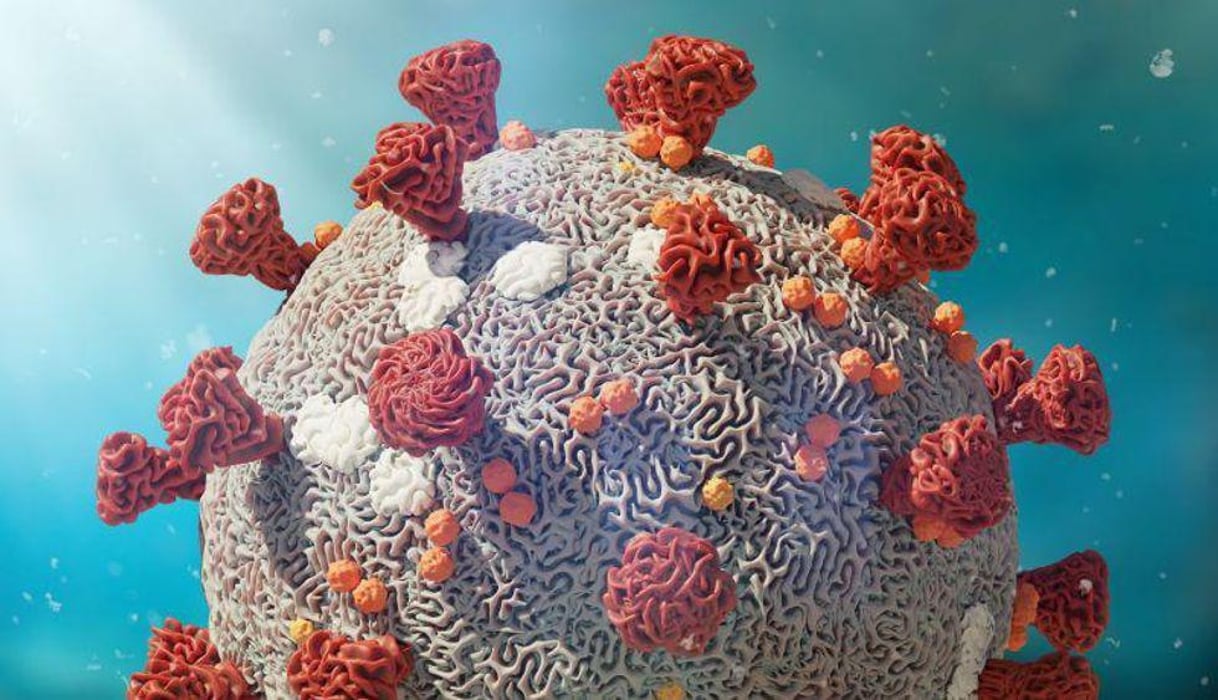Vaccination Offers Extra Protection After SARS-CoV-2 Infection

WEDNESDAY, April 6, 2022 (HealthDay News) -- Vaccination provides additional protection among those with immunity from severe acute respiratory syndrome coronavirus 2 (SARS-CoV-2) infection, according to two studies published online March 31 in The Lancet Infectious Diseases.
Thiago Cerqueira Silva, M.D., from the Instituto Gonçalo Moniz in Salvador, Brazil, and colleagues conducted a test-negative, case-control study to examine the effectiveness of four vaccines (CoronaVac [Sinovac], ChAdOx1 nCoV-19 [AstraZeneca], Ad26.COV2.S [Janssen], and BNT162b2 [Pfizer-BioNTech]) for individuals with previous SARS-CoV-2 infection. Data were included for 22,566 cases and 145,055 matched controls. The researchers found that among individuals with previous SARS-CoV-2 infection, vaccine effectiveness against symptomatic infection 14 or more days from vaccine series completion was 39.4, 56.0, 44.0, and 64.8 percent, respectively, for CoronaVac, ChAdOx1 nCoV-19, Ad26.COV2.S, and BNT162b2. Effectiveness against symptomatic infection was significantly higher after the second dose for the two-dose vaccine series. The corresponding vaccine effectiveness against hospitalization or death was 81.3, 89.9, 57.7, and 89.7 percent.
Peter Nordström, from Umeå University in Sweden, and colleagues conducted a retrospective cohort study involving unvaccinated individuals with natural immunity from previous infection matched to unvaccinated individuals without natural immunity at baseline (2,039,106 individuals) and individuals vaccinated with one dose or two doses of a COVID-19 vaccine after a previous infection (962,318 and 567,810 individuals, respectively). The researchers found that natural immunity was associated with a significantly lower risk for SARS-CoV-2 reinfection and COVID-19 hospitalization for up to 20 months of follow-up (adjusted hazard ratios [aHRs], 0.05 and 0.13, respectively). One-dose hybrid immunity was associated with a reduction in the risk for SARS-CoV-2 reinfection (aHR, 0.42) compared with natural immunity up to the first two months, which was attenuated up to nine months. Two-dose hybrid immunity (cohort 3) was associated with a reduced risk for SARS-CoV-2 reinfection (aHR, 0.34) versus natural immunity, with no attenuation up to nine months. Compared with natural immunity, both one- and two-dose hybrid immunity correlated with a lower risk for COVID-19 hospitalization (aHRs, 0.06 and 0.10, respectively).
"These findings suggest that any passports used for societal restrictions could consider either a previous infection or vaccination as proof of immunity, as opposed to vaccination only," a coauthor of the Nordström study said in a statement.
Several authors from the Cerqueira-Silva study disclosed financial ties to the pharmaceutical industry.
Abstract/Full Text - Cerqueira-Silva
Abstract/Full Text - Nordström
Related Posts
Telemedicine Could Really Help People Battling Advanced Cancers
WEDNESDAY, June 15, 2022 (HealthDay News) -- As a bill that would expand...
Reducir el uso de las redes sociales mejora rápidamente la autoimagen de los adolescentes
JUEVES, 23 de febrero de 2023 (HealthDay News) -- Todas esas imágenes de gente...
Donor Sex Does Not Affect Survival in Red-Cell Transfusion
THURSDAY, April 13, 2023 (HealthDay News) -- Donor sex has no impact on...
¿Unos antiácidos populares podrían aumentar las probabilidades de demencia?
JUEVES, 10 de agosto de 2023 (HealthDay News) -- Los adultos mayores que usan...
